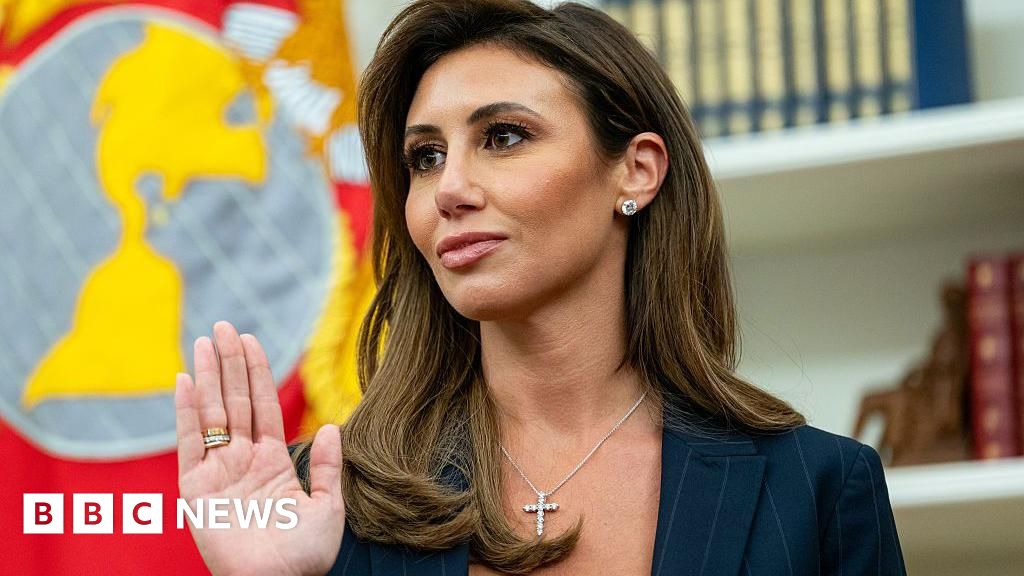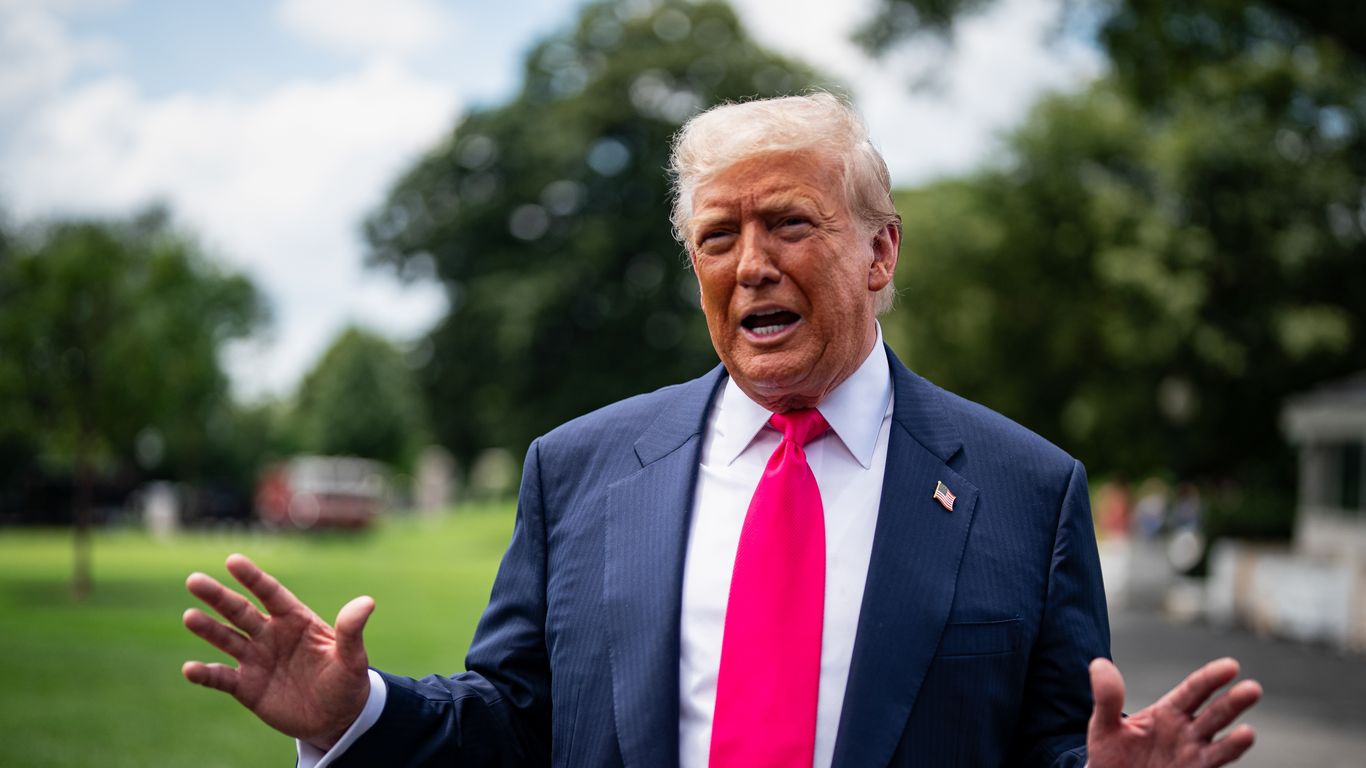Controversy over BLS Firing

Introduction
President Trump's decision to fire the Bureau of Labor Statistics (BLS) commissioner Erika McEntarfer has caused quite a stir. U.S. Trade Representative Jamieson Greer has now weighed in on the situation, stating that the president has "real concerns" about the jobs data and the firing goes beyond just dissatisfaction with the numbers.
The BLS Controversy
The BLS is responsible for collecting and analyzing data on the labor market, including employment and unemployment numbers. The commissioner's firing has sparked concerns about the integrity and independence of the BLS and its role in providing accurate and unbiased information.
The Bigger Picture
The controversy surrounding the BLS firing has once again brought attention to the ongoing disputes over trade policies and job creation in the United States. President Trump has been a vocal advocate for reshaping trade deals and bringing jobs back to America, and this latest move by the administration only adds to the already heated debate.
About the Organizations Mentioned
Bureau of Labor Statistics
The **Bureau of Labor Statistics (BLS)** is a pivotal federal agency within the United States Department of Labor, serving as the primary source for labor market and economic data. Established to provide unbiased, timely, and accurate information, the BLS plays a crucial role in shaping economic policies and business decisions. ## What Does the BLS Do? The BLS collects, analyzes, and publishes data on employment, unemployment, wages, inflation, productivity, and working conditions. Key reports include the **Employment Situation** (monthly jobs report), **U.S. Consumer Price Index (CPI)**, **U.S. Producer Price Index (PPI)**, and **Job Openings and Labor Turnover Survey (JOLTS)**. These reports are essential for policymakers, businesses, and the public, influencing decisions such as interest rates and wage negotiations[2][3]. ## History and Key Achievements The BLS was founded with the mission to provide "the fearless publication of the facts," a principle that guides its operations to this day. Over the years, it has expanded its scope to include a wide range of economic indicators, making significant contributions to understanding the U.S. economy. Notably, the BLS has been instrumental in defining and computing the unemployment rate, a key macroeconomic metric[5]. ## Current Status Today, the BLS continues to operate independently within the Department of Labor, maintaining its commitment to impartiality and high-quality data. It serves as a critical resource for researchers, policymakers, and businesses, providing insights into labor market trends and economic conditions[3][4]. ## Notable Aspects - **Independence and Objectivity**: The BLS is known for its independence in data collection and reporting, ensuring that its findings are free from political influence[1][3]. - **Data Impact**: BLS data impacts various sectors, including cost-of-living adjustments for Social Security recipients and business hiring strategies[2]. - **Publications and Resources
U.S. Trade Representative
The Office of the United States Trade Representative (USTR) is a pivotal agency within the Executive Office of the President, playing a crucial role in shaping and implementing U.S. trade policy. Established in 1962 as the Office of the Special Trade Representative (STR), it was renamed USTR in 1980[1][2]. The USTR advises the President on trade issues, leads international trade negotiations, and oversees the resolution of trade disputes and enforcement actions[5]. **History and Evolution** - The Trade Expansion Act of 1962 laid the groundwork for the USTR, aiming to balance domestic and international interests in trade policy[2]. - In the 1970s, particularly with the Trade Act of 1974, the USTR's responsibilities expanded significantly, elevating it to a cabinet-level position[3]. - The Omnibus Trade and Competitiveness Act of 1988 further enhanced its role, requiring coordination of trade policy and reporting to both the President and Congress[1]. **Key Responsibilities and Achievements** - The USTR negotiates trade agreements, resolves disputes, and participates in global trade organizations like the World Trade Organization (WTO)[4][5]. - Notable achievements include leading the U.S. in major trade agreements such as NAFTA and the USMCA. - The USTR also plays a key role in enforcing trade agreements and addressing intellectual property issues globally. **Current Status and Notable Aspects** - Today, the USTR operates with offices in Washington, Geneva, and Brussels, employing over 200 professionals[4][5]. - The agency works closely with governments, business groups, and public interest groups to gather input on trade policies[4]. - The USTR continues to be a vital component of U.S. economic policy, focusing on issues like agriculture, intellectual property, and labor rights in trade negotiations[1]. In summary, the USTR is a critical agency that has evolved over the years to handle complex trade



















